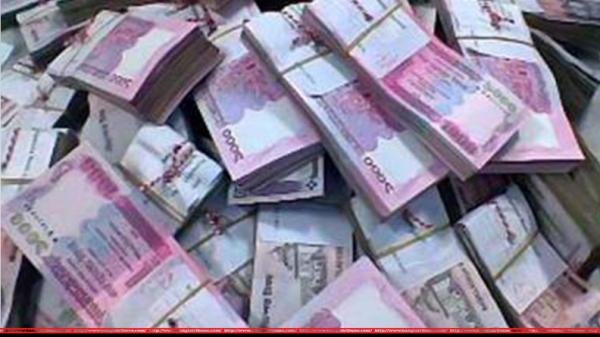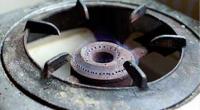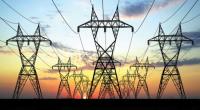 Private banks have now come up with the idea to use idle funds at state-owned banks, which they say will ease the liquidity crisis and gradually decrease the double-digit lending rate after the Bangladesh Bank perks earlier this year.
Private banks have now come up with the idea to use idle funds at state-owned banks, which they say will ease the liquidity crisis and gradually decrease the double-digit lending rate after the Bangladesh Bank perks earlier this year.
They even have stepped up efforts to persuade the finance ministry.
“A large amount of money is sitting idle in the state-owned banks and interest rate at private bank will fall, if they can utilise it,” said Nazrul Islam Mazumder, chairman of Bangladesh Association of Banks (BAB).
Mazumdar, the chairman of EXIM Bank, says that they want to meet the finance minister over the matter. “A policy will require on how the funds (in state-owned banks) can be used.”
According to sources, the BAB convened an urgent meeting recently and decided to persuade Finance Minister AMA Muhith.
Owners at the BAB meeting said lending rates are not coming down as banks have to collect deposits at a rate between 10 and 12 percent.
“Lending rates will not come down to single-digit with banks collecting deposit on higher rates,” NCC Bank Managing Director Mosleh Uddin Ahmed told Bangla Tribune.
In line with regulations, state-owned banks disbursed 54 percent of its deposits as loans and kept another 19 percent with the central bank leaving another 27 percent sitting idle.
Private banks want to access these funds at six percent interest, a rate at which state-owned banks invest in government bonds.
State-owned banks charge at least 11 percent for lending funds to private banks.
In its negotiation earlier this year to slash the lending rate, private banks managed the Bangladesh Bank to reduce the cash reserve ratio (CRR) by one percentage point to 5 percent, extend the deadline for adjusting ADR that measures loans as the percentage of deposits and lower the repo rate from 6.75 percent to 6 percent.
The repo interest rate determines the rate of interest a commercial bank has to pay on a loan from the Bangladesh Bank.
It had also made the government to keep 50 percent of its funds with them in an effort to address the liquidity crisis.
Despite the stimulus, lending rates are yet to come down to a single digit, rather it went up.
According to Bangladesh Bank data, all banks— state, private and foreign have hiked rate is March. All of the 57 banks are now maintaining a double-digit rate with industrial loans charged as high as 22 percent.
According to NCC Bank top official Ahmed, the measures only helped to the call money rate to come down, but did not address the liquidity crisis.
Call money rate is the interest a bank takes from another bank or financial institution on short-term loans, usually for a day.






